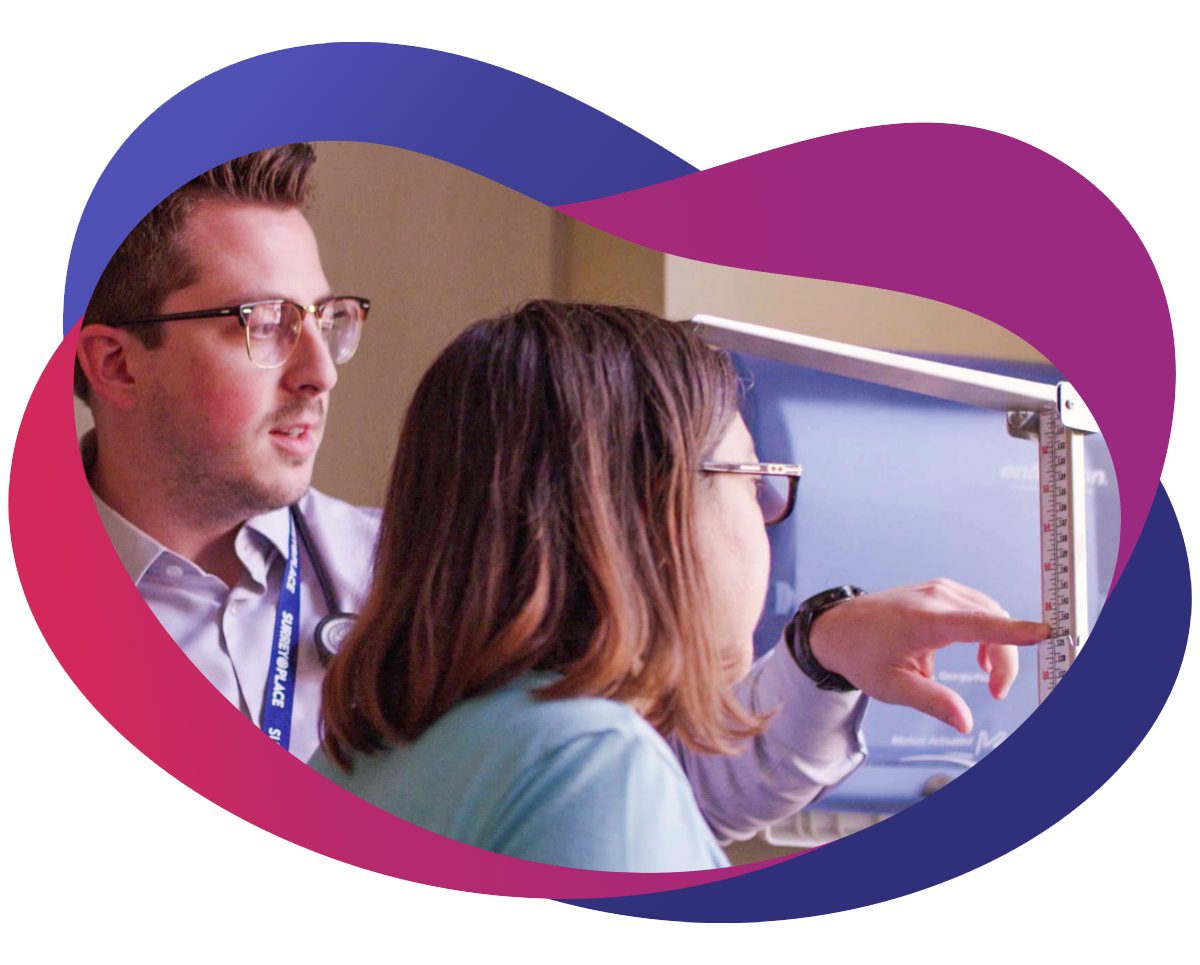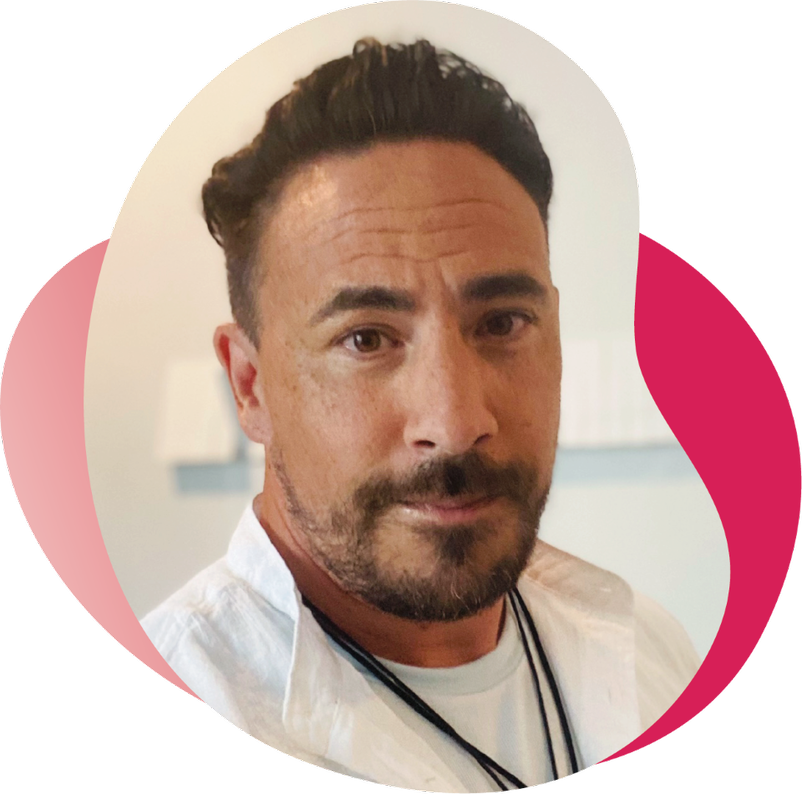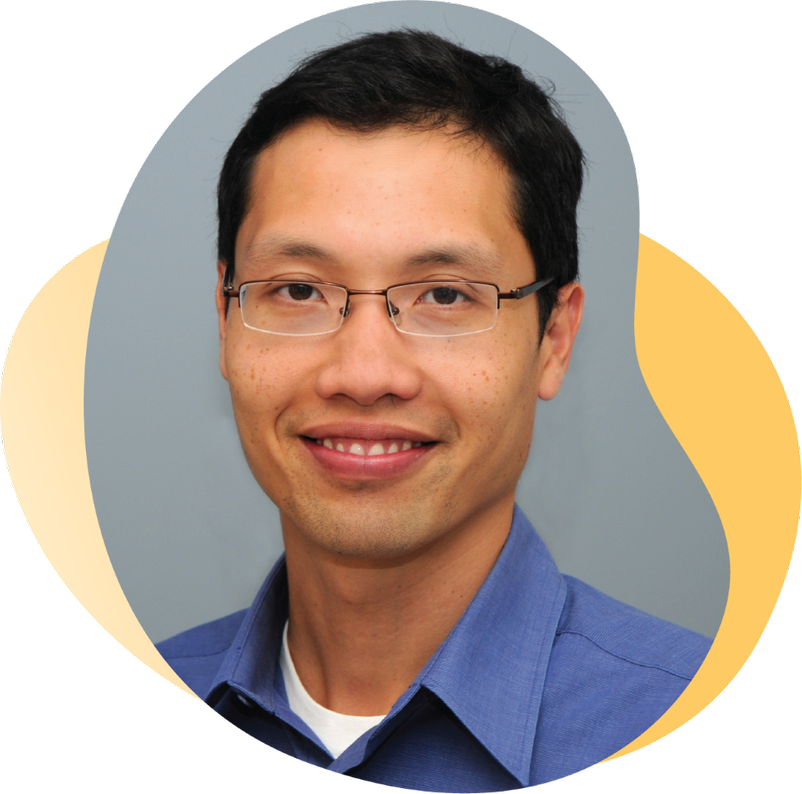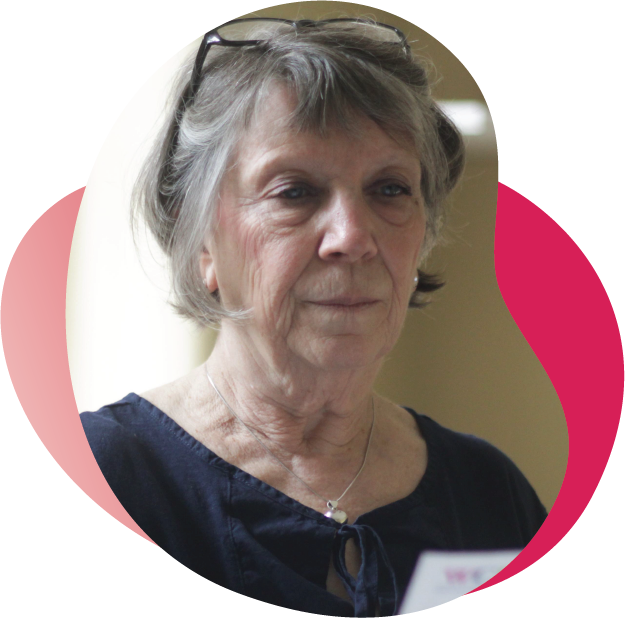FREE WEBINAR
FASD: A Whole-Body Diagnosis
September 27, 2021
1:30 p.m. – 3:00 p.m.

Join us for a free webinar as we celebrate Fetal Alcohol Spectrum Disorder (FASD) Awareness Month this September. We will dive into new health research on the importance of physical body health conditions that can impact the lives of individuals with FASD.
This year’s webinar is led by world-renowned motivational speaker, trainer and peer mentor Myles Himmelreich. He will speak about his lived experience and research conducted by FASD peer mentors showing the correlation of physical health impacts due to prenatal alcohol exposure. Joining him are clinical FASD specialists and a parent advocate who will share their experience and practice. They will discuss probing health issues and the importance of early identification to improve one’s quality of life.
Why Join?
Did you know that 4% of Canadians have FASD, though many are undiagnosed or misdiagnosed (CanFASD, 2019)? FASD is a lifelong disability, and individuals may experience some challenges in their physical, mental, learning, behavioural and/or social skills. We want to equip individuals, caregivers and the community with information to understand that FASD is a whole body-diagnosis and provide tools to improve health outcomes and life expectancy.
Audience members will have an opportunity to ask questions during a live Q&A and learn where to access resources on FASD.
Watch last year’s FASD events, Moving Forward: Building Resilience in FASD.
Our Presenters

Myles Himmelreich – Keynote Speaker
Myles Himmelreich is a well-known motivational speaker, sharing his experiences of living with a disability. He provides consultation and training for agencies to improve their capacity to understand and create inclusion for individuals with neurodiversity and facilitates mentoring groups for youth and adults with FASD. Myles has presented at many conferences, including the International FASD Conference and was invited to and spoke at the Legislative Assembly of BC. Myles was also a co-lead of a ground-breaking study on the health and physical issues of adults living with FASD. He is a local, national and international trainer on living with a disability, FASD in the legal system, as well as the school system. Myles is a system changer and advocate, with a passion for creating inclusion for community members, as seen by his body of work, including that with the Representative of Children and Youth in the province of BC. His goal is to inspire audiences to change the way they view disability and empower those with disabilities to know and find their purpose.

Dr. Alvin Loh – Panelist
Dr. Loh is a developmental pediatrician and the medical lead in the FASD Clinic and Co-Lead of Behaviour Medical Assessment Clinic at Surrey Place. He has research interests in the etiology of autism spectrum disorder and regression and was the leader of the Autism Speaks-Autism Treatment Network-Toronto site, from 2008-2017. Dr. Loh is a community leader who teaches and builds capacity in health professionals to care for children and adults with intellectual and developmental disabilities (IDD). He is the chair of the volunteer advocacy group of physicians and psychologists for children and adults with neurodevelopmental disorders (PONDA) and was the medical director for Special Olympics MedFest.

Dr. Shirley McMillan – Panelist
Dr. Shirley McMillan is a clinical nurse specialist in the Adult Services at Surrey Place. She has held a position in the Faculty of Nursing at the University of Toronto and mentors nursing students during their community placement. Her nursing career has been spent in intellectual and developmental disabilities in various settings, including provincial and educational, family practice, special school, and day programs. Dr. McMillan was the first Canadian to be certified in Developmental Disability Nurse through DDNA. She received her Ph.D. in Learning Disability Nursing from the University of South Wales. Her thesis focused on nursing support and challenging behaviours.

Kate M. – Panelist
Kate M. is the adoptive parent of children impacted by FASD and has fostered many other impacted children as well. She is also active in supporting permanency planning for youth who have aged out of foster care. While FASD can affect how children and youth negotiate life, education, and relationships, Kate has seen firsthand that those impacted have many strengths. Most days, you can find Kate and her children dancing around the kitchen while simultaneously advocating for school support, teaching self-regulation and planning for the future.
Host Organization
Surrey Place provides specialized clinical services that are responsive to individual’s needs and promote health and well-being in the Toronto region.
We help support children and adults living with intellectual disabilities and developmental disabilities, autism spectrum disorder, FASD and visual impairments reach their full potential. We offer a variety of groups and workshops for clients, families, and caregivers and extensive education and consultation services to community agencies.
Our FASD Services provide individuals, their families and caregivers a circle of care through the support help of healthcare professionals and service providers to achieve the best outcome possible. Learn more.
Contact Information
Questions: wellness.registration@surreyplace.ca